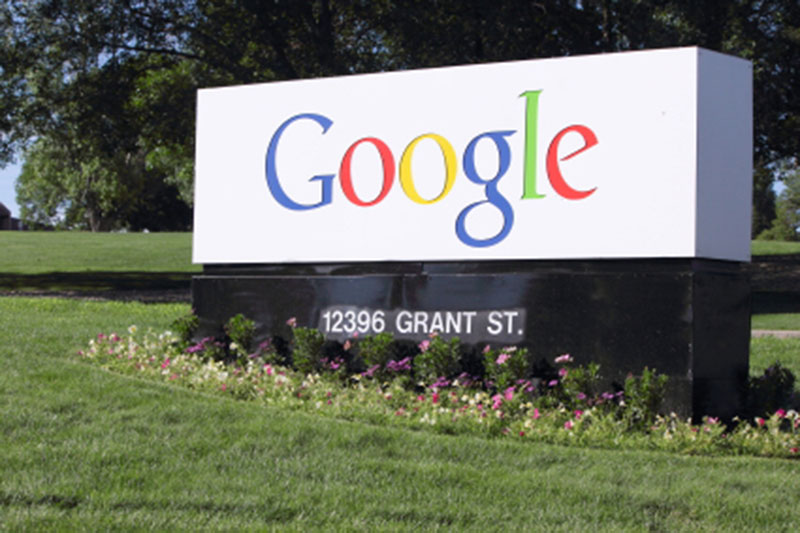Google's (GOOG) US search market share improved in August, helped by its continued integration of AI into its search platform, according to BofA Securities.
Statcounter data shows Google’s global market share in search fell slightly by 54 basis points (bps) month-over-month (m/m) to 90.5%, but in the U.S., it was up by 50bps to 87.9%. On the other hand, Bing’s U.S. share fell 36bps m/m to 7.1%, though it gained 73bps year-over-year (y/y).
AI appears to be a key driver in Google’s U.S. performance, with BofA highlighting the company's use of AI overviews as likely boosting query growth.
“Since the start of the year, Google’s U.S. search share has increased by 31bps, suggesting AI overviews are positively contributing,” noted BofA. As Google continues to expand this AI-powered format to more regions, BofA expects a potential recovery in Google’s global market share, which has declined by 114bps year-to-date.
In terms of mobile search, Google’s global share dipped by 49bps m/m to 94.7%, with Bing’s mobile share gaining just 2bps to 0.8%. On the desktop side, Google’s global share dropped more significantly, down by 68bps m/m to 79.7%, while Bing’s share climbed by 15bps to 12.0%.
While generative AI platforms like ChatGPT have gained traction, their web traffic remains a small fraction of Google’s. Data shows that as of August 31, web visits to Google were up 1% m/m to 2.7 billion, whereas ChatGPT saw a 17% m/m increase to 96 million.
BofA also pointed out the rising popularity of ChatGPT and Gemini, with the latter seeing a 159% m/m surge in app downloads, likely fueled by back-to-school activities and the launch of SearchGPT.
Despite the rise in ChatGPT’s traffic, BofA noted that combined web traffic from emerging AI search platforms remains less than 0.2% of Google’s total visits. Among these, Perplexity.ai saw a 20% m/m increase in August traffic, while Claude’s traffic dropped 10% m/m.
